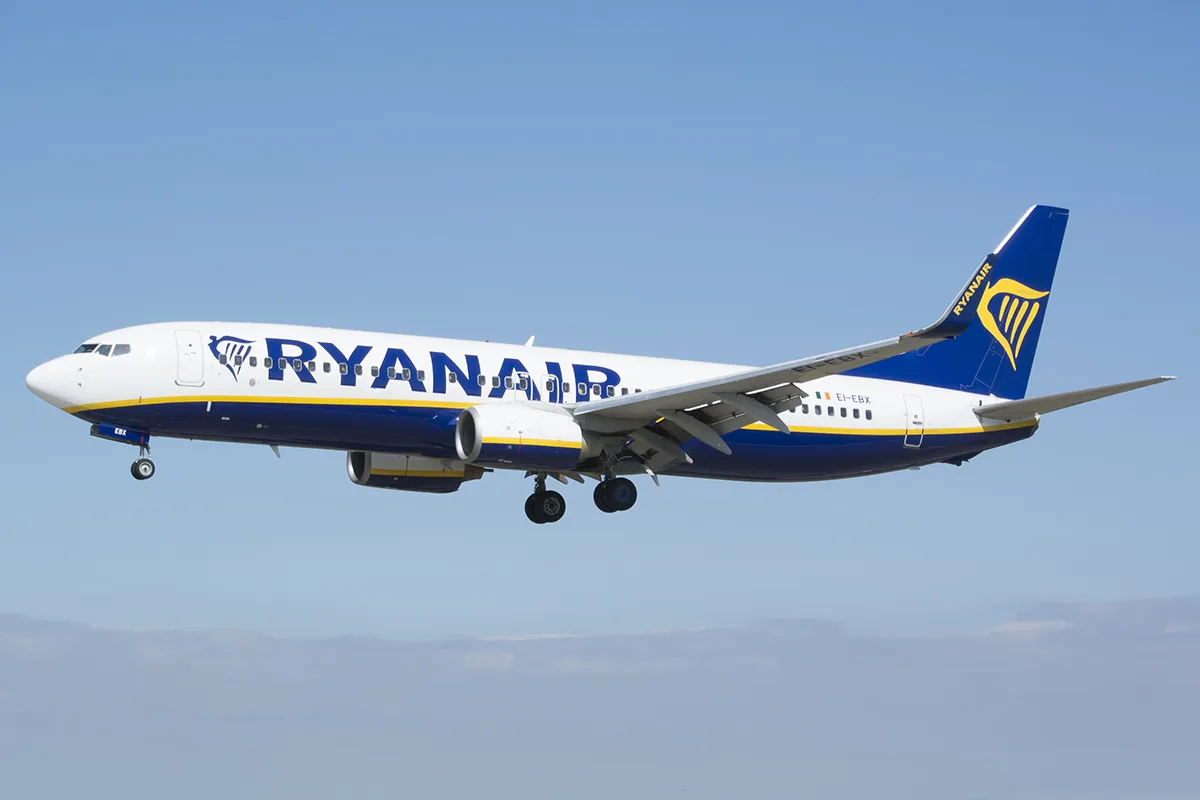Airlines Hit with Historic Fine: What’s Next for Low-Cost Travel?
A historic fine has been imposed on four low-cost airlines for practices deemed abusive, such as charging passengers for carrying cabin baggage. The Spanish Ministry of Consumer Affairs has fined Ryanair, Volotea, Vueling, and EasyJet over €150 million for imposing extra charges on users for bringing luggage on board or for seat selection when the traveler is accompanied by children or dependents. This marks the largest penalty against customers imposed by consumer authorities, according to consumer organizations Facua (Consumers in Action) and OCU (Organization of Consumers and Users).
The Investigation
The fine concludes an investigation initiated by Consumer Affairs in June 2023 to examine whether these practices by airlines were abusive or unfair and if they violated regulations. The objective was to scrutinize four potentially abusive practices: charging a supplement for reserving adjacent seats to accompany minors and dependents, lack of transparency in pre-contractual information about the final service price, charging a supplement for passengers’ hand luggage and refusing cash payment at airports for these or other additional services.
Impact on Low-Cost Airlines
The affected airlines perceive this penalty as market distortion as only four airlines have been charged. They have brought it to the attention of the European Union Competition authorities. They anticipate legal action in defense of their right to charge for cabin baggage. They argue that 40% of travelers opt for basic fares without extra luggage. They contend that these decisions will lead to an increase in the average ticket price.
Prohibited Practices
The fine not only penalizes but also technically prohibits four practices, although they continue to be applied by low-cost airlines. Firstly, charging for carrying cabin baggage is sanctioned and prohibited, deemed as ‘abusive.’ While airlines have the right to determine the measurements and weights of cabin baggage, they cannot charge extra for it.
Secondly, charging for seat selection when the traveler is accompanied by dependents, such as children, is fined. This practice may cause harm to vulnerable individuals who may be left in a situation of neglect if they are assigned separate seats.
Thirdly, the fine addresses ‘lack of transparency in contractual information,’ where the price displayed initially is significantly lower than the final payment screen.
Lastly, refusing cash payments for ticket purchases at airports is also sanctioned.
The Ministry also specifically criticizes Ryanair’s practice of charging €20 to passengers who require a printed ticket.

Future of Low-Cost Travel
Price Adjustments: With the prohibition on charging for cabin baggage, low-cost airlines may need to adjust their pricing structures. This could lead to an increase in base fares to compensate for the lost revenue from ancillary services. As a result, the perception of ‘low-cost’ travel may shift, with fares potentially becoming less competitive compared to traditional carriers.
Enhanced Transparency: The regulatory crackdown on unfair practices is likely to push low-cost airlines to improve transparency in their pricing and policies. Passengers can expect clearer information about what is included in their ticket price and any additional charges they may incur.
Innovation in Revenue Streams: Low-cost carriers may innovate new revenue streams to offset the loss from prohibited practices. This could involve introducing premium services or partnerships with external partners to provide extra services for an additional charge.
Competition and Market Dynamics: The regulatory intervention may influence market dynamics, potentially creating opportunities for new airlines or smaller players to gain market share by offering more consumer-friendly policies. Traditional airlines might also capitalize on the situation by promoting their own competitive pricing and services.
Lets us know what you think in the comments…
Main image: Wikipedia/Michael Oldfield
Share this content:




4 comments